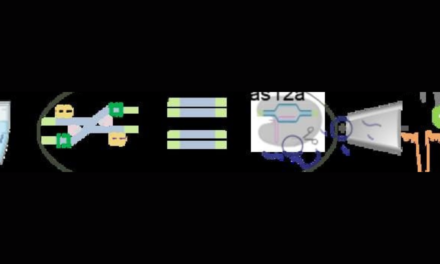Evidence from researchers at Imperial College London points to an unexpected mechanism of vaccine-induced disease augmentation and point to a possible new approach to treating respiratory syncytial virus (RSV).
In a study using mice, investigators examined vaccines tested for RSV in 1966 and 1967. At the time, according to the authors, the vaccines had disastrous effects on the immune response. The current research revealed that the vaccine boosted the accumulation of white blood cells, but also virtually eliminated the regulatory immune response in the lungs from regulatory T cells (Tregs).
“If it doesn’t regulate itself properly, inflammation can run out of control,” wrote lead author Peter J Openshaw MB, BS, PhD, FMedSci. “This vaccine seems to have locked the accelerator in the on position and to have disabled the brakes.”
To solve the issue, researchers tested out new ideas about how the immune system slows down inflammation. The team also tested the effects of chemokines, proteins which guide the migration of cells in the body, discovering that vaccinated mice inhaled the chemokines, Tregs were attracted back into the lungs where they reduced inflammation and helped to fight infection.
“This is a very important discovery — it represents an entirely new way to treat these inflammatory diseases,” said Openshaw.










